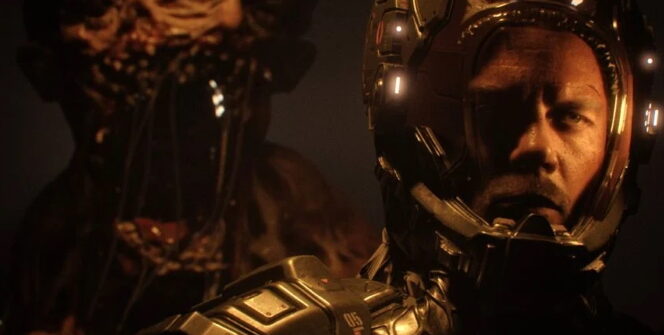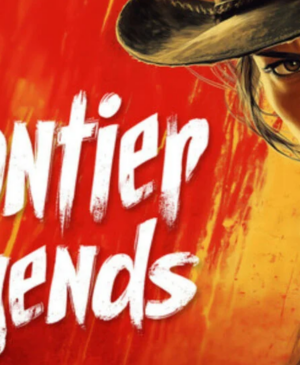The staff of The Callisto Protocol worked in crisis conditions, only to be erased from the game’s history.
According to GamesIndustry.biz, an estimated 20 developers were left off the credits list for the recently released horror game The Callisto Protocol. They reportedly include several staff members who worked at Striking Distance Studios in senior or executive positions.
This is unfortunately not an uncommon phenomenon in the modern games industry – developers who leave before a game is released, mainly freelance or contract workers, sometimes do not receive credit for the final project, even if they have worked on it for years.
Unlike in the film industry, there is no binding standard around listing creators, so studios are free to drop anyone. However, the IGDA recommends that anyone who has worked on a game for at least 30 days should receive credit for it.
Even in a broader context, former employees have called Striking Distance’s actions “outrageous” and appear to have made arbitrary and inconsistent decisions about who to hire and who not to hire. No clear guidelines were communicated to staff. Some have been approved, but in an “additional” or “other” capacity, and one source speculates that personal friendships and grievances with those at the top will determine whether or not they are hired.
All this comes in the wake of the controversy surrounding the studio’s crunch culture – not only were studio staff asked to work punishingly long hours, even during the pandemic, but director Glen Schofield was actively bragging about it on social media as recently as September last year. Some planners were reported to be spending up to 10 hours daily in meetings on top of their regular workload. In an attempt to coordinate a rapidly growing team.
The 15-hour days and seven-day working weeks are obnoxious enough in themselves, and the fact that this marathon did not even make it into the credits is absolutely shocking.
It’s the final nail in the coffin of the narrative built up over the years before the game’s release. A cohesive team of Dead Space veterans, fighting as gritty underdogs against the corporate overlords of yore, struggling to create a great new spiritual successor to the series. The harsh reality is that the game was released to mixed reviews and controversy. The studio culture is full of red flags. And a significant group of former employees are frustrated and angry at not being recognised.
Source: GamesIndustry.biz




![[TGA 2025] Star Wars: Galactic Racer Focuses on High-Stakes Podrace Runs [VIDEO]](https://thegeek.games/wp-content/uploads/2025/12/theGeek-Star-Wars-Galactic-Racer-302x180.jpg)








![[TGA 2025] Star Wars: Galactic Racer Focuses on High-Stakes Podrace Runs [VIDEO]](https://thegeek.games/wp-content/uploads/2025/12/theGeek-Star-Wars-Galactic-Racer-300x365.jpg)


Leave a Reply